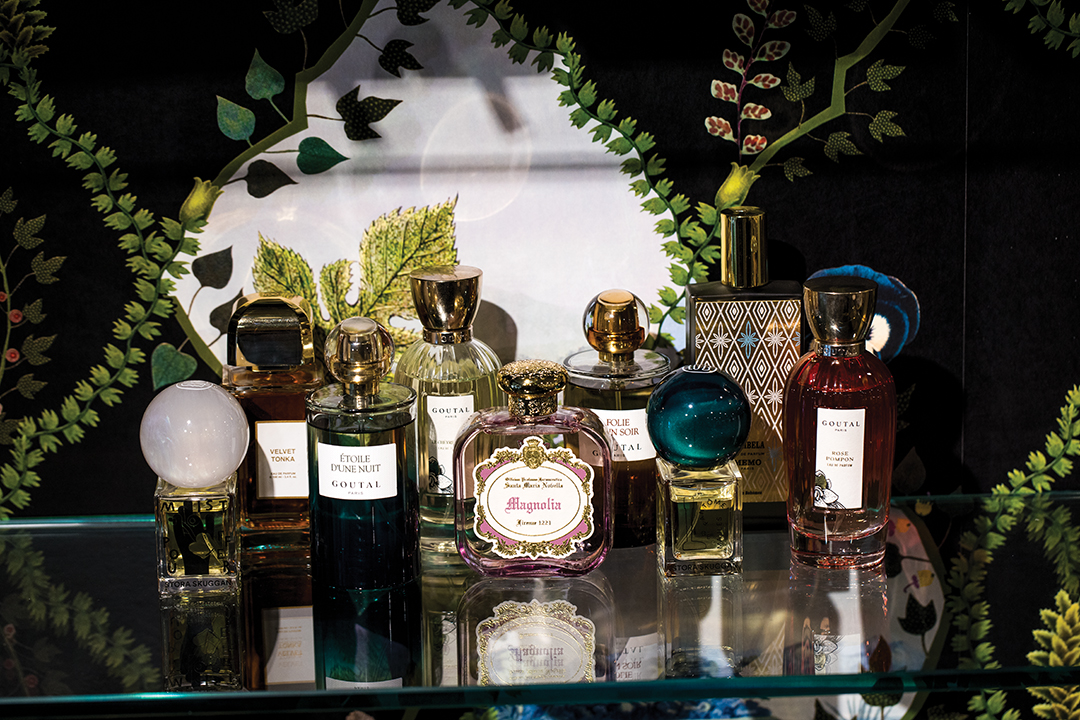Introduction
Perfume, often referred to as the invisible clothing, is more than just a pleasant aroma. Indeed, it’s a complex composition of notes that can evoke emotions, memories, and desires. Moreover, it’s a language, a silent conversation between the wearer and the world. In this post, therefore, we’ll delve into the art of perfumery and explore how fragrances tell captivating stories.

The Art of Composition
A fragrance is a carefully orchestrated blend of top, middle, and base notes. To begin with, top notes are the initial impression, often fresh and citrusy. Next, middle notes form the heart of the fragrance, developing as the top notes fade. Finally, base notes provide the fragrance’s foundation, lingering on the skin for hours.
Furthermore, perfumers are artists who paint with scent. They carefully choose notes that harmonize, contrast, and evolve over time. Thus, it’s a delicate balance of creativity and chemistry.
Fragrances as Time Machines
One of the most fascinating aspects of perfume is its ability to transport us through time. A whiff of a particular scent can instantly evoke a vivid memory. Perhaps it’s the sweet, nostalgic aroma of grandma’s baking, or the crisp, clean scent of a summer day. Fragrances have the power to unlock our emotional archives and bring us back to cherished moments.

The Psychology of Scent
Our sense of smell is deeply connected to our emotions. Different scents can elicit a wide range of feelings, from happiness and excitement to calm and relaxation. For instance, floral fragrances are often associated with romance and femininity, while woody scents are linked to strength and masculinity. Understanding the psychology of scent can help you choose fragrances that align with your desired mood or personality.
Finding Your Signature Scent
With countless fragrances available, finding your signature scent can be overwhelming. It’s essential to experiment and discover what resonates with you. Consider your personal style, lifestyle, and the emotions you want to convey. Don’t be afraid to try different fragrance families, from floral and fruity to oriental and woody.

Conclusion
Fragrances are more than just products; they are stories waiting to be told. By understanding the language of scent, you can appreciate the artistry behind your favorite perfumes and choose fragrances that truly reflect your essence.
What are your favorite fragrance stories? Share them in the comments below!

Leave a Reply